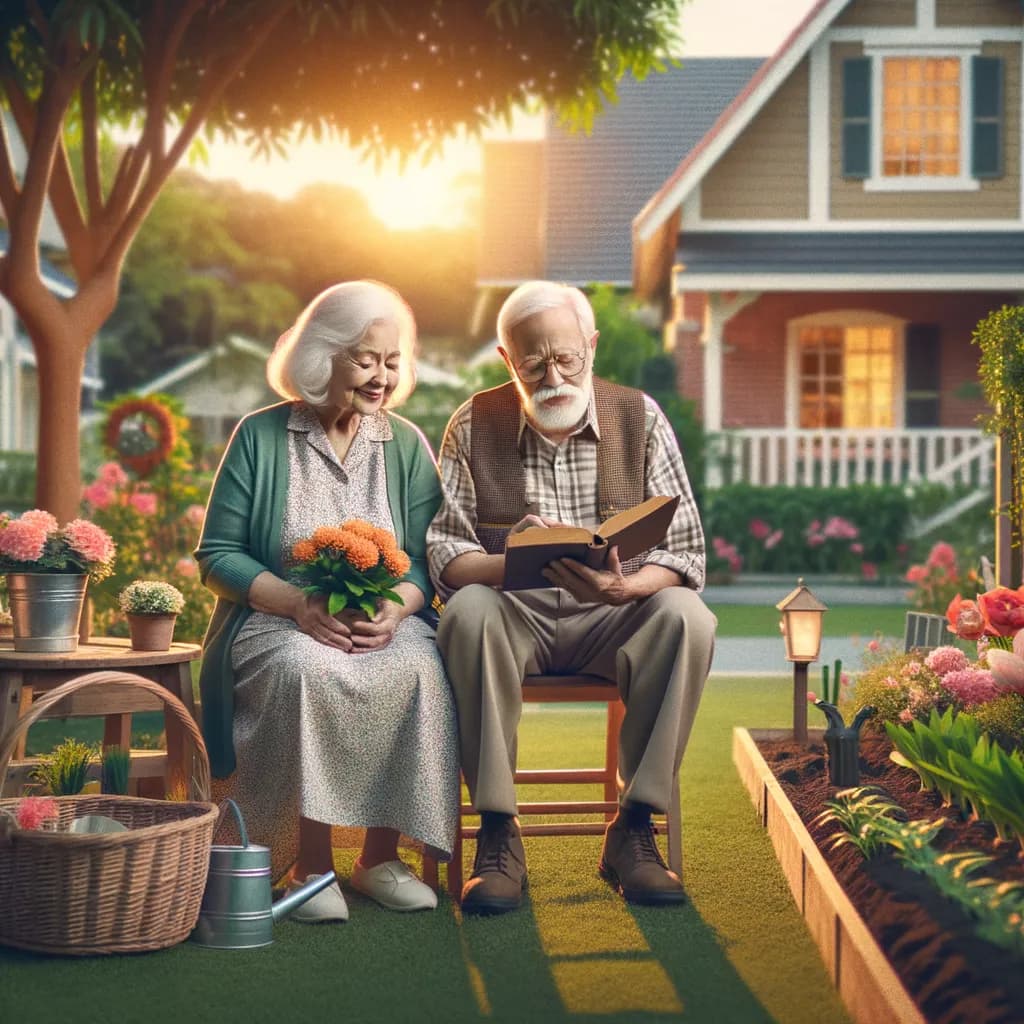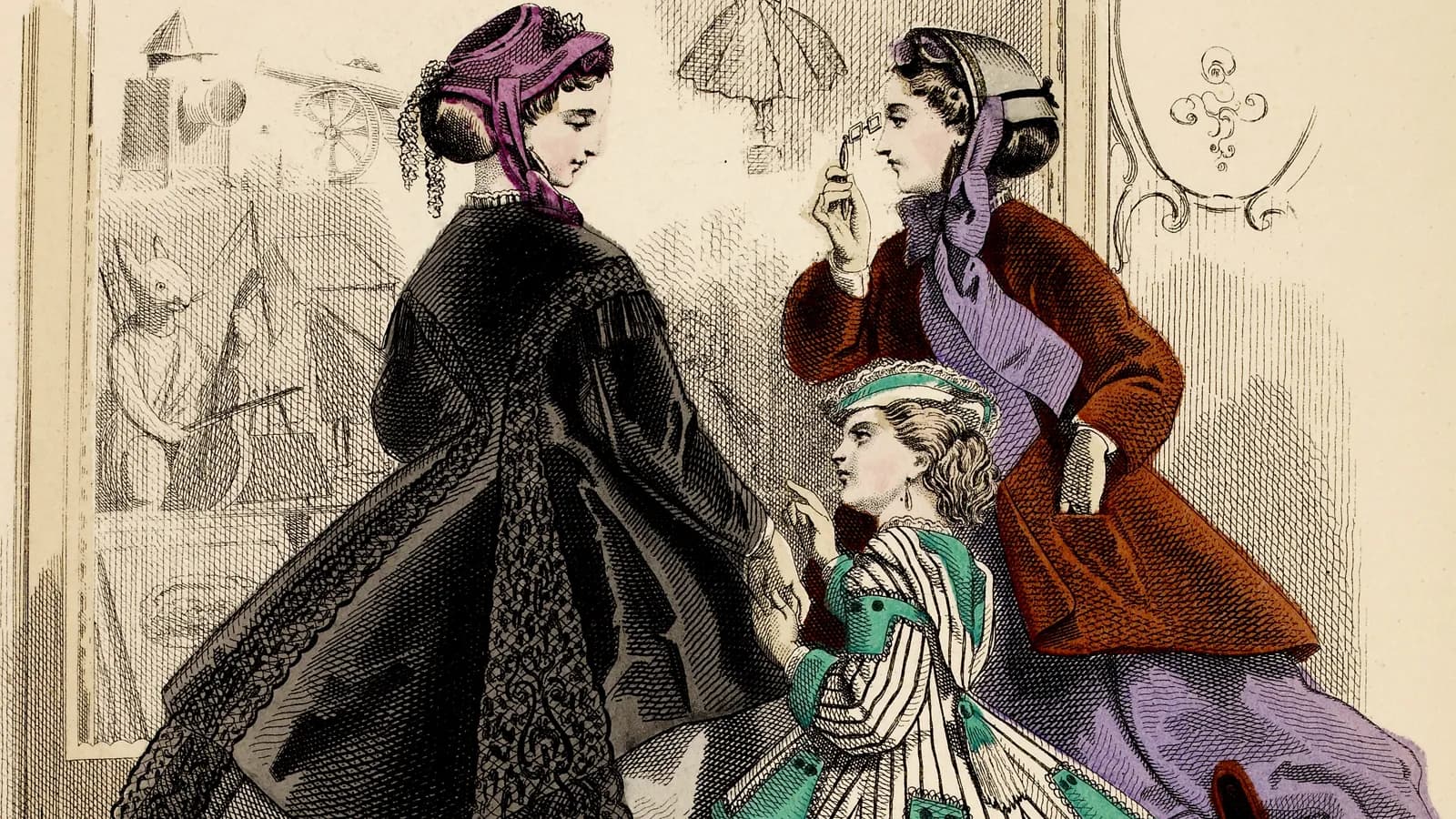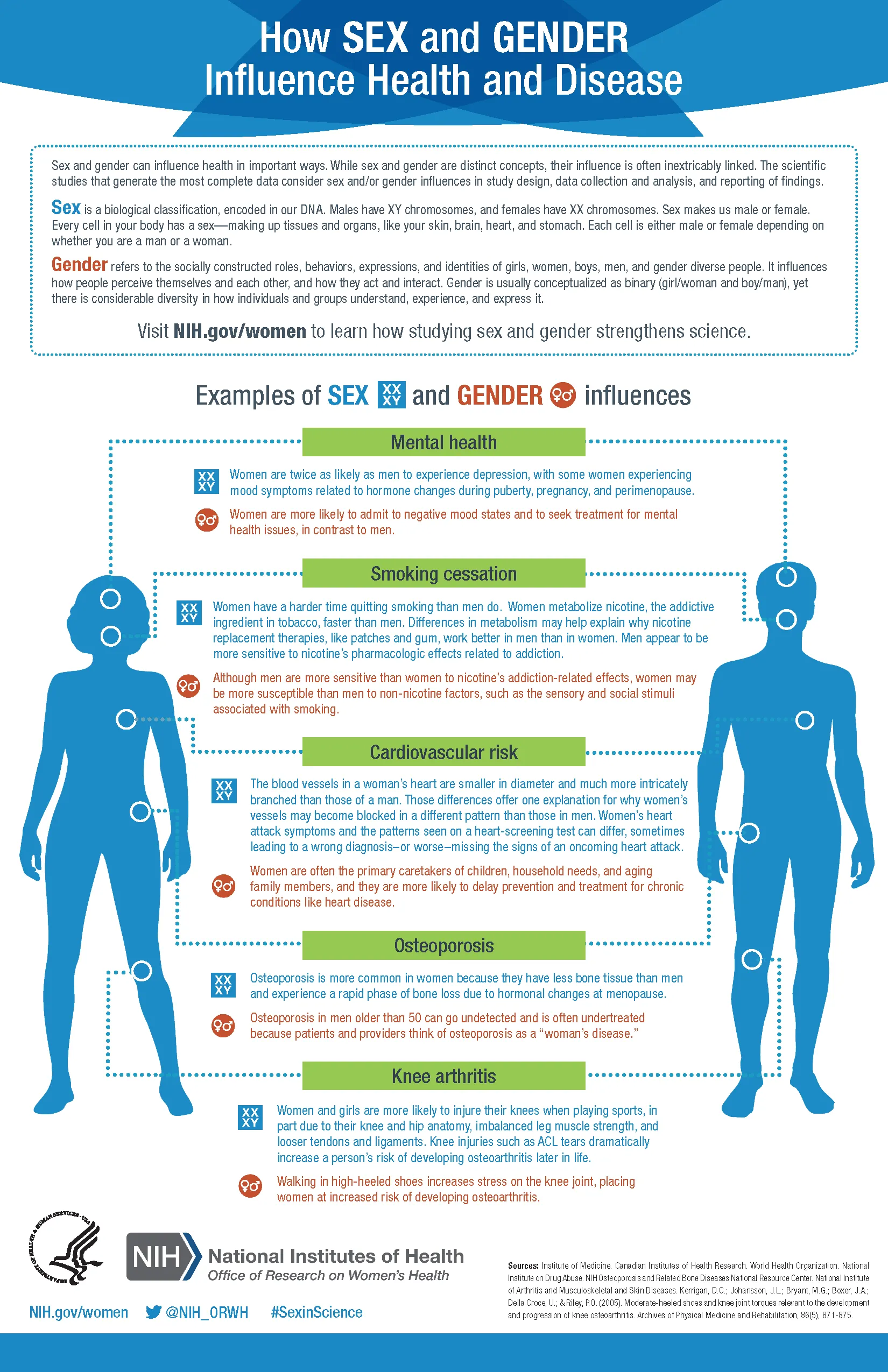- Published on
Unlock Better Health: Traditional Gender Roles in Healthy Aging Boosts Elderly Well-being
- Authors

- Name
- Charlie "Big Dawg" Hudson
The Role of Traditional Gender Roles in Promoting Healthy Aging for Men and Women

Hello, dear friends! I hope this post finds you in good health and high spirits. Today, I want to delve into a topic that's close to my heart and, I believe, quite relevant to many of you. We'll be discussing "Traditional Gender Roles in Healthy Aging". Ah, I can see some raised eyebrows already! But bear with me, and let's explore this together.
Part I: Understanding Traditional Gender Roles
The Concept of Traditional Gender Roles
Think back to your grandparents' time. Men were primarily breadwinners, women were homemakers, and there were clear expectations from both genders. This was the norm, the traditional gender roles we have come to know. Over time, these roles have evolved, and it's important to acknowledge that. But there are still "Benefits of Traditional Gender Roles in Aging" that we can learn from.

The Role of Gender in Aging
Now, let's talk about the "Role of Gender in Elderly Health". Men and women age differently, both biologically and psychologically. For instance, women tend to live longer than men, but they also experience more chronic illnesses. On the other hand, men are more prone to life-threatening conditions. Recognizing these differences is key to understanding how traditional gender roles can affect our health as we age.
Part II: Traditional Gender Roles and Healthy Aging
The Connection between Traditional Gender Roles and Healthy Aging
Research shows a fascinating connection between "Adherence to Gender Roles and Health Outcomes". For instance, men who embrace their roles as providers tend to have better mental health. Women who value their nurturing roles often experience less stress and more satisfaction. Intriguing, isn't it?

Benefits of Traditional Gender Roles in Aging
So, what are the "Benefits of Traditional Gender Roles in Aging"? One major benefit is the sense of purpose and fulfillment these roles can provide. Like my friend John, who finds immense joy in providing for his family even in his retirement. Or my neighbor, Mrs. Smith, who cherishes her role as a doting grandmother. These roles can give our lives structure and meaning, contributing to our overall wellbeing.
Part III: Embracing Traditional Gender Roles for Improved Health Outcomes
Practical Ways to Embrace Traditional Gender Roles
So, how can we, as conservatives, incorporate these roles into our daily lives? It could be as simple as nurturing your grandchildren, volunteering in your community, or providing emotional support to your family. Embracing these roles can not only contribute to our mindfulness and wellness but also add a sense of fulfillment to our golden years.

Overcoming Challenges to Embrace Traditional Gender Roles
Of course, there could be obstacles in adhering to traditional gender roles. Maybe your family dynamics are different, or perhaps you're single. But remember, it's not about rigidly sticking to these roles. It's about finding what works for you, what gives you purpose, and aligning that with your values. You can always find ways to nurture and provide, regardless of your situation.
And so, my dear friends, as we navigate our golden years, let's consider incorporating these traditional roles into our lives for healthier, happier aging. What do you think? I'd love to hear your thoughts and experiences. Let's continue this conversation in the comments below.
Remember, aging is not just about adding years to life, but life to years. Stay healthy, stay happy!